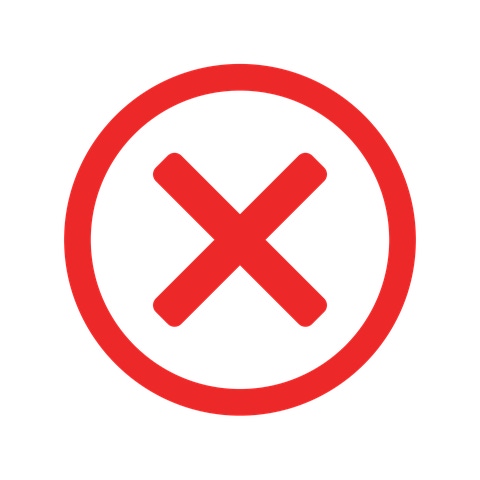January 7, 2019

A new Mayo Clinic study shows that the percentage of women who are screened for cervical cancer could be far lower than national data suggests. The researchers' findings were published in the Journal of Women’s Health and show that less than two thirds of women ages 30 to 65 were up-to-date with cervical cancer screenings in 2016.
What’s telling is the percentage is even lower for women ages 21 to 29, with just over half current on screenings. Mayo Clinic Researchers said those figures are well below the 81% screening compliance rate that was self-reported in the 2015 National Health Interview Survey.
Findings also revealed that in addition to lower-than-expected screening rates there were also racial inequities in terms of who is getting screened.
"African-American women were 50% less likely to be up-to-date on cervical cancer screening than white woman in 2016," Kathy MacLaughlin, M.D., the study's lead author, said in a release." Asian women were nearly 30% less likely than white women to be current on screening. These racial disparities are especially concerning."
To obtain data from the study, researchers reviewed medical records using the Rochester Epidemiology Project database to determine cervical cancer screening rates for more than 47,000 women living in Olmsted County, MN., from 2005 to 2016.
The data comes a few months after Roche received a nod for its cobas Human Papillomavirus (HPV) Test as a first-line screening test for cervical cancer in women 25 and older using cervical specimens collected in SurePath preservative fluid.
The Basel, Switzerland-based company said the approval was significant, because before it occurred laboratories did not have an FDA-approved HPV test available that could cover all of the HPV screening options supported in professional guidelines and be used with both of the primary Pap test collection media.
About the Author(s)
You May Also Like


